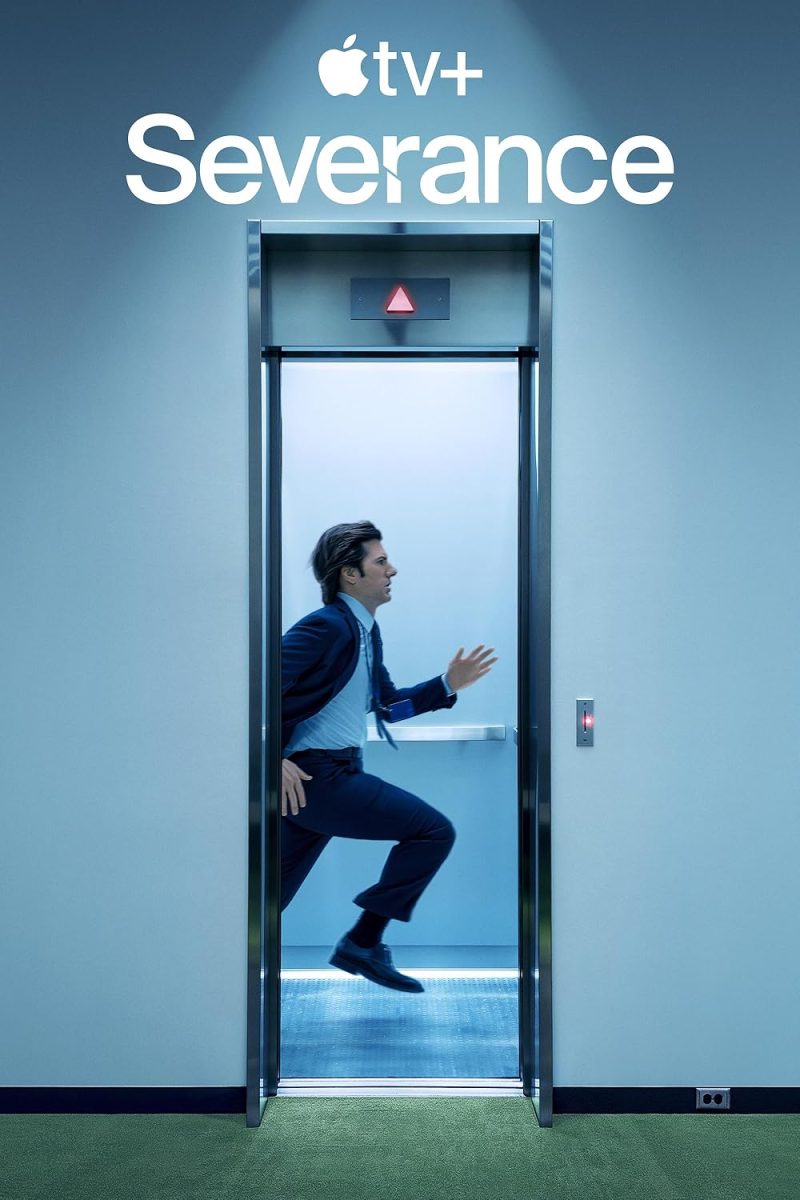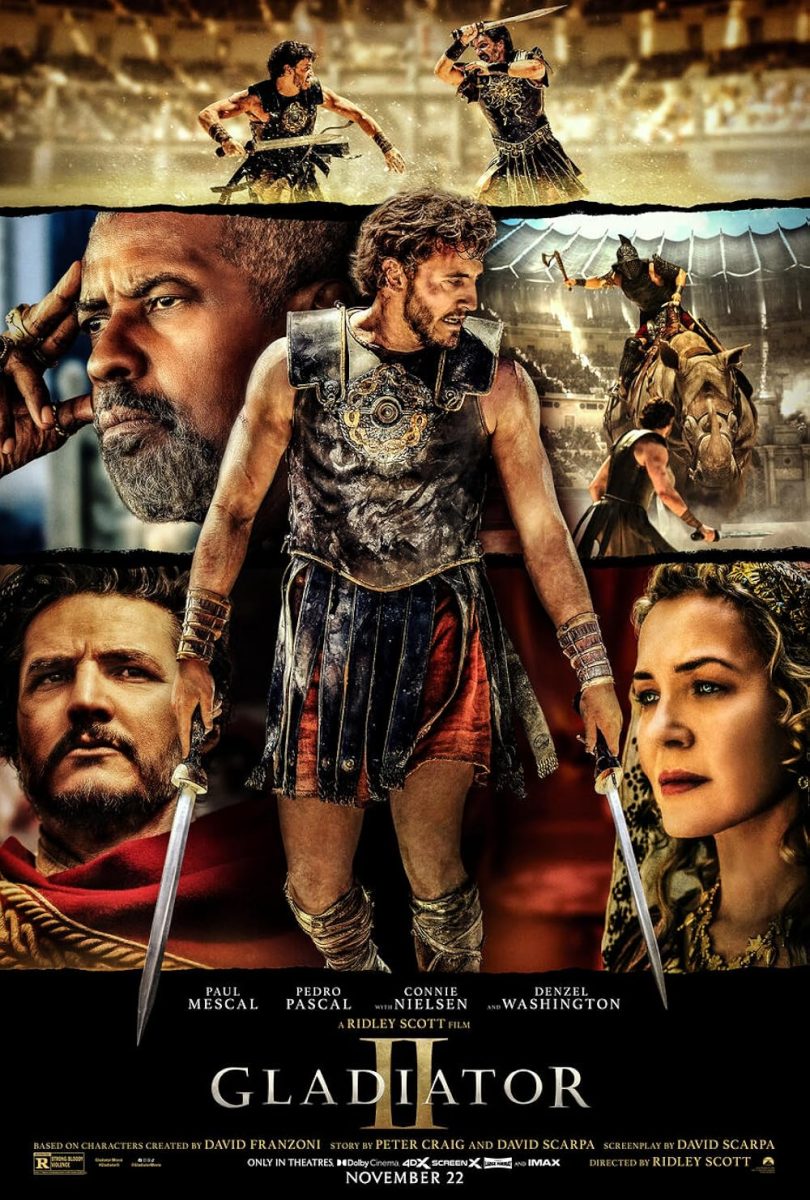It has become increasingly difficult to partake in celebrity culture—and by extension, the Oscars—as the line between escapism and self-indulgence grows ever finer. And so perhaps to combat this trend, comedian Conan O’Brien was chosen to host this year’s 97 annual Oscars ceremony, bringing a sillier and slightly more self-aware atmosphere to the show.
O’Brien doesn’t fit the typical late-night-show-anchor-to-host archetype. Unlike past TV anchor hosts like Jimmy Kimmel, Ellen DeGeneres and David Letterman, O’Brien is perhaps equally known for his writing. O’Brien has experience writing for “The Simpsons” and “Saturday Night Live”, making him a more versatile comic than most. This showed throughout the ceremony as it felt at times more like a stand-up special than a hosted event. While it did make the ceremony as a whole feel a little choppy, this difference was definitely a net positive.
After hilariously climbing out of the body of “Substance” actress Demi Moore in a tuxedo, O’Brien took to his opening monologue. A frustration that occurs with most hosts is their monologue tends to bring down the movies being nominated. Mocking them not necessarily in an ironic way, but in a more outright mean-spirited tone. This is where O’Brien’s comedy experience and writing prowess shined. O’Brien managed to make the audience laugh while elevating the films being appreciated. For example, he talked about how “The Brutalist” was so good he “didn’t want it to end, and luckily, it didn’t” (as things tend not to with a 215 minute runtime).
O’Brien’s monologue ended with a grand musical performance of an original song, “I Won’t Waste Time,” where the host was ringed with a chorus of dancing Conans and a sandworm from “Dune 2”. Although a spectacle capable of only O’Brien’s handiwork, I think the audience appreciated a little over-the-top absurdity—a break from the typical “disses at actors we already care very little about” trope that we are used to enduring.
Perhaps the most refreshing part of O’Brien’s performance was his self-awareness of what the Oscars really represented. He called outright the superfluity of presenting ultra-rich actors and directors with awards in a time where Los Angeles was rebuilding from devastating wildfires and the entire country was in a tense political divide. However, he emphasized the importance of celebrating art and the work of the thousands of artisans and film workers who wouldn’t be there to accept their awards, but whom the awards were really for.
O’Brien also stressed the unity that film brings and its ability for it to bridge the gaps between people who would otherwise think differently. With that, he mostly stayed away from political topics, save for a not-so-subtle dig at President Trump after “Anora’s” Oscar success. In reference to the film’s plot, he quipped, “I guess Americans are excited to see someone finally stand up to a powerful Russian.”
In the end, O’Brien’s performance was exactly what the Oscars needed—lighthearted without being hollow, self-aware without being cynical. It was a perfectly adequate hosting job, which, in a time when the ceremony teeters between spectacle and self-parody, might just be the highest compliment of all.
















































































